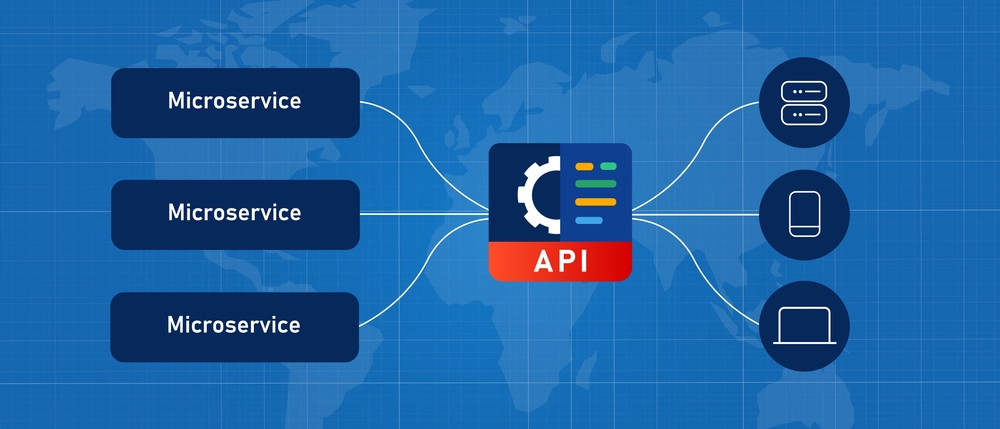
Flight API Integration
Flight API integration refers to the process of connecting
and utilizing flight-related data and services through an Application
Programming Interface (API). By integrating a flight API into an application or
website, developers can access and retrieve real-time information about
flights, airlines, airports, fares, availability, bookings, and more.
Flight API integration has become increasingly popular in
the travel and hospitality industry. It enables travel agencies, online travel
agents (OTAs), airlines, and other businesses to provide comprehensive
flight-related services to their customers. With a well-implemented flight API
integration, users can search for flights, compare prices, make bookings,
retrieve itinerary details, check flight status, and perform various other
functions, all within a single platform.
Key Benefits of Flight API Integration:
1.
Real-time Flight Data: By integrating with a flight API, businesses
can access real-time information about flights, airlines, schedules, routes,
fares, seat availability, and more. This ensures that the data provided to
users is up-to-date and accurate.
2.
Enhanced User Experience: Flight API integration allows businesses
to offer a seamless and user-friendly experience to their customers. Users can
search for flights, view different options, compare prices, and make bookings
without having to navigate to multiple websites or platforms.
3.
Increased Efficiency: With a flight API, businesses can automate
various processes, such as searching for flights, retrieving fares, and making
bookings. This significantly reduces manual effort and improves operational
efficiency.
4.
Expanded Inventory: Integrating with multiple flight APIs enables
businesses to access a wider range of flight options from different airlines
and consolidators. This allows users to choose from a more extensive inventory,
increasing the chances of finding the best flights at the most competitive
prices.
5.
Ancillary Services Integration: Apart from basic flight information,
many APIs also provide ancillary services like baggage information, seat
selection, meal preferences, and loyalty programs. Integration with such APIs
allows businesses to offer additional services to their customers, enhancing
the overall travel experience.
6.
Revenue Generation: Flight API integration can be a
revenue-generating mechanism for businesses. Through various partnership
models, businesses can earn commissions or markups on flight bookings made
through their platform. This can be a significant source of income for travel
agencies and OTAs.
7.
Scalability and Flexibility: Flight APIs are designed to handle
large volumes of requests, allowing businesses to scale their operations as
their user base grows. Additionally, APIs provide flexibility in terms of
customization and integration with other services, ensuring that businesses can
adapt and evolve their offerings as per their requirements.
Challenges of Flight API
Integration:
While flight API integration offers numerous advantages, it
also comes with certain challenges that need to be addressed:
1.
Technical Complexity: Integrating with flight APIs requires
technical expertise and knowledge of web services, APIs, and data formats (such
as XML or JSON). Developers need to understand the API documentation,
authentication mechanisms, request/response formats, and error handling to
implement a successful integration.
2.
Data Quality and Consistency: Flight data can be complex and
dynamic, often subject to frequent updates and changes. Ensuring data quality,
consistency, and accuracy can be challenging, as discrepancies in flight
information can lead to incorrect bookings or unsatisfied customers.
3. API
Reliability and Maintenance: Flight APIs can occasionally experience
downtime or disruptions, affecting the availability of real-time data.
Businesses need to have contingency plans in place to handle such situations
and ensure a smooth user experience.
4.
Security and Compliance: Flight API integrations involve the
transfer and handling of sensitive customer data, including personal
information and payment details. It is crucial to implement appropriate
security measures, such as encryption and compliance with data protection
regulations, to protect user data.
5. API
Versioning and Updates: Flight APIs evolve over time, with new
versions and updates being released. Businesses need to stay updated with API
changes
, adapt their integration accordingly, and handle versioning
to avoid disruptions in functionality.
Conclusion:
Flight API integration empowers businesses in the travel
industry to deliver comprehensive flight-related services to their customers.
By leveraging real-time data, seamless user experiences, and increased
operational efficiency, businesses can enhance customer satisfaction, drive
revenue, and stay competitive in the dynamic travel market. While flight API
integration presents certain challenges, with proper planning, implementation, and
ongoing maintenance, businesses can unlock the full potential of flight APIs
and create compelling travel solutions.



.jpeg)


















